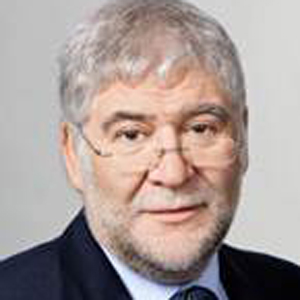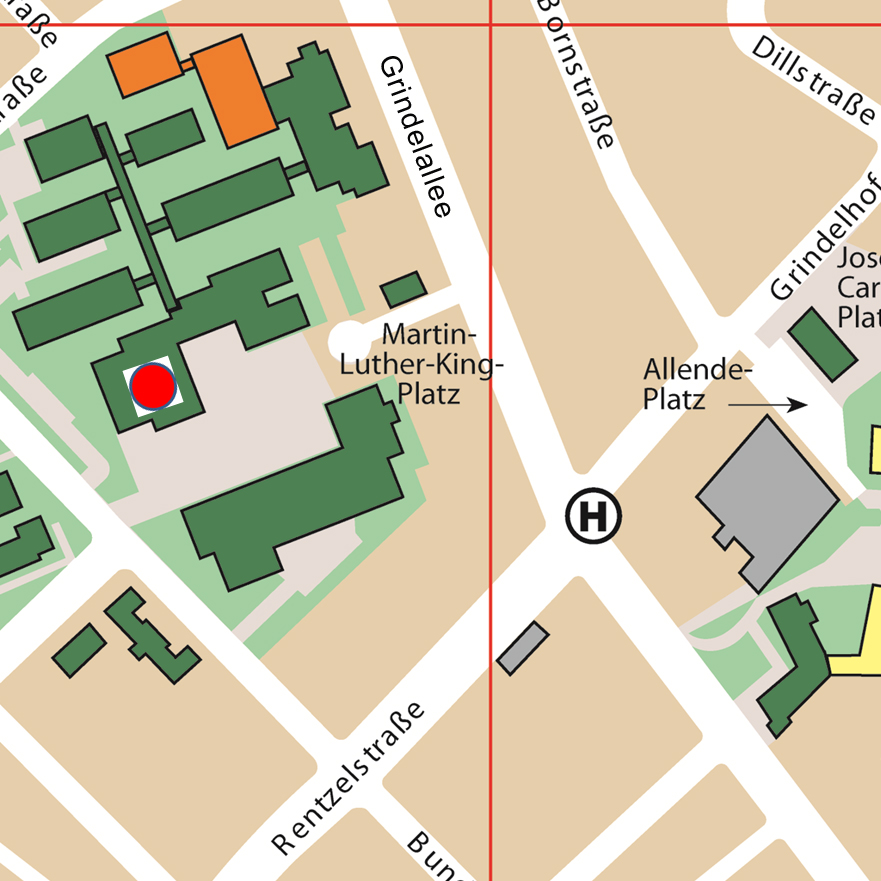
Donnerstag, 21.06.2012 - 15:15 Uhr
Was riecht wenn's schmeckt?
Vortragsreihe Sommer 2012
Vortrag von Prof. Dr. rer. nat. Peter Schieberle
Vortragsaufzeichnung produziert durch das eLearning-Büro MIN der Universität Hamburg
Für iPhone und iPad:
>> Hier können Sie das Video auf der Website von Lecture2go ansehen.
Es handelt sich bei diesem Beitrag um einen GDCh-Vortrag.

Was riecht wenn's schmeckt? Die Molekulare Sensorik als effektives Werkzeug zur Charakterisierung der genuinen Aromasignatur von Lebensmitteln
Veranstaltungsort

Hörsaal B
Fachbereich Chemie
Martin-Luther-King Platz 6
D-20146 Hamburg
Abstract
During food consumption, a certain set of volatile constituents induces a pattern of neural activity in the olfactory bulb. However, we all know by experience that the complex neural patterns generated at the odorant receptor site are finally “translated”by our brain into a simple perception telling us, for example, the aroma quality of a black tea beverage. However, since the characteristic aroma of tea is significantly influenced by, e.g., the variety and/or the processing conditions and, also, because offnotes may be formed during storage, there is a clear need to understand the overall aroma of foods on the molecular level. In the past decades, the concept of molecular sensory science was developed by our group aimed at decoding the signature of the genuine key food aroma compounds, the sensobolome able to interact with the odorant receptors during food consumption. As part of the concept, the analytical data are finally confirmed by re-engineering of the respective aroma on the basis of quantitative data displaying the natural concentrations in the food itself. Using black tea beverage as an example, in the first part of the lecture, methods how to characterize complex aromas by breaking down the overall aroma sensation into single, “molecular” odor responses will be presented, followed by approaches how to reengineer the natural aroma by so-called reconstitution experiments. The second part of the lecture is devoted to the clarification of aroma formation pathways during cocoa processing generating key aroma compounds by a thermoconversion of odorless precursors present in the raw cocoa beans. Advances in methods aimed at characterizing the structures of the most efficient natural aroma precursors will be presented. Finally, data on systematic structure/odor correlations will be discussed aimed at understanding the outstanding “molecular” selectivity in human odor perception.
The lecture will be given in German but using slides in English.
Email: Peter.Schieberle@lrz.tum.de

